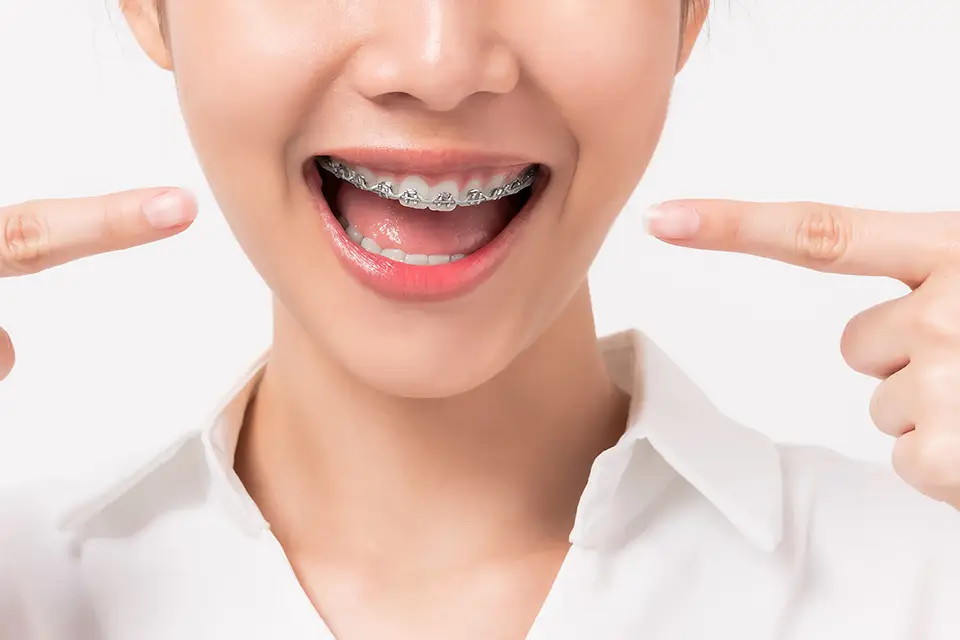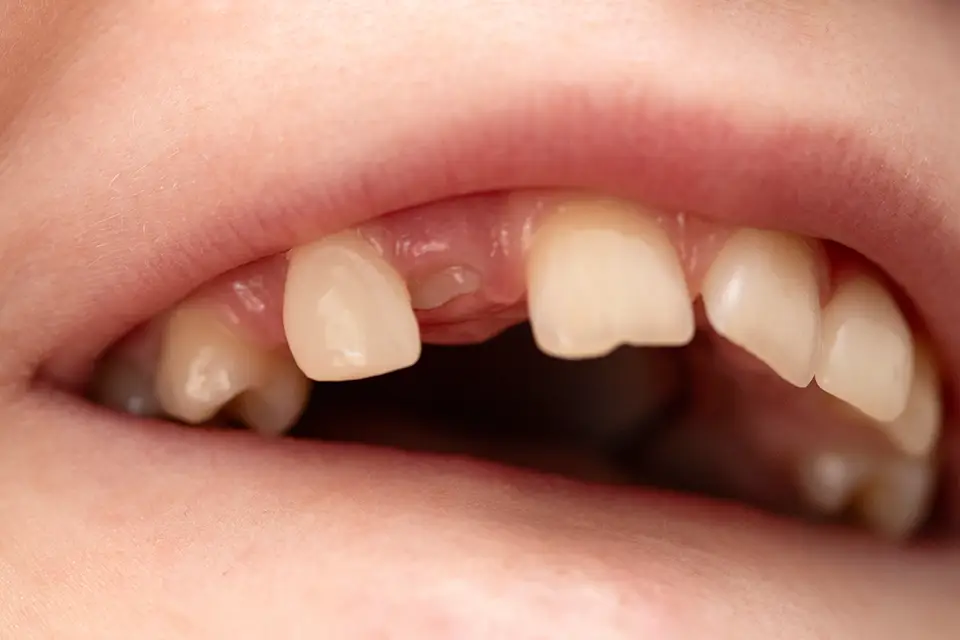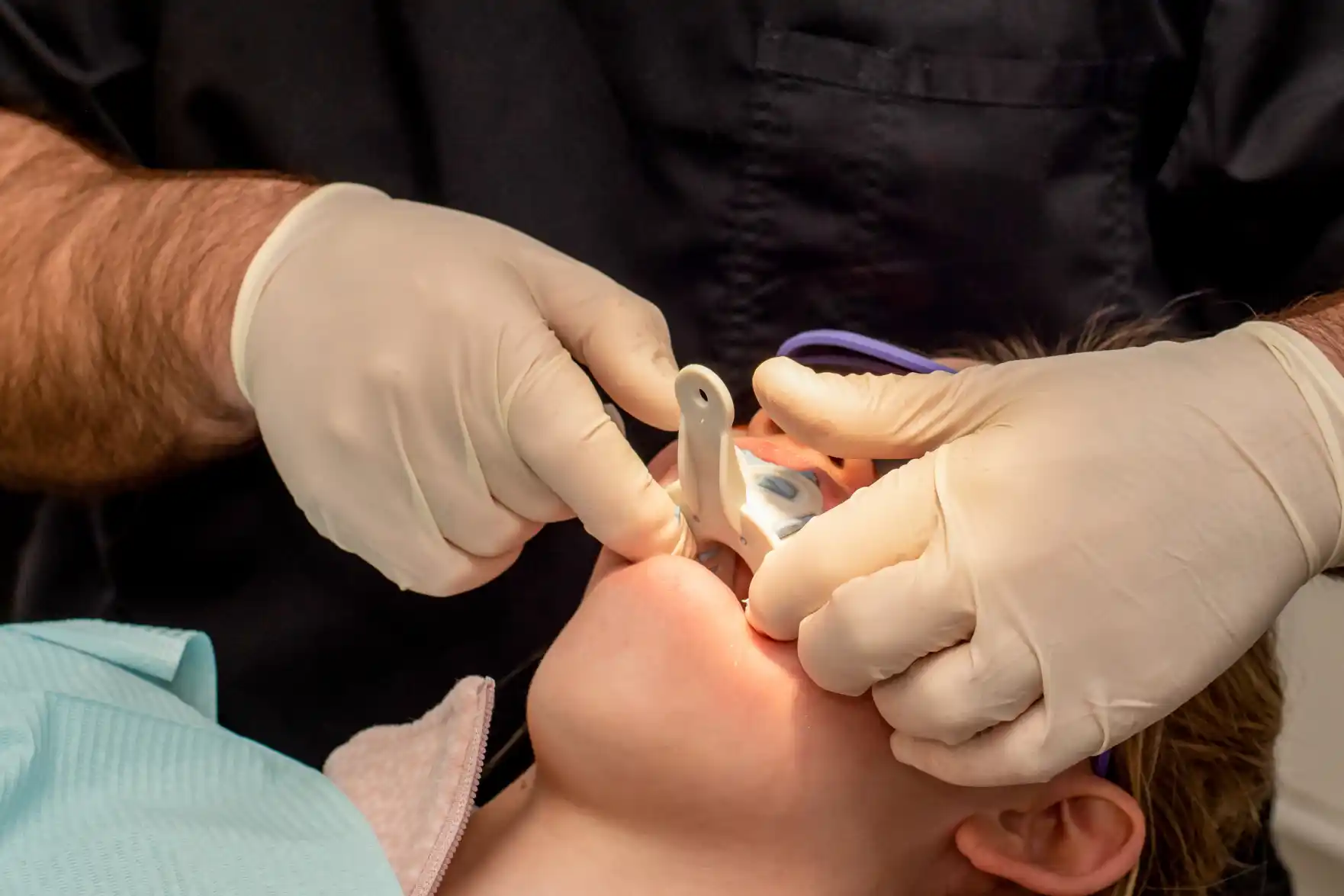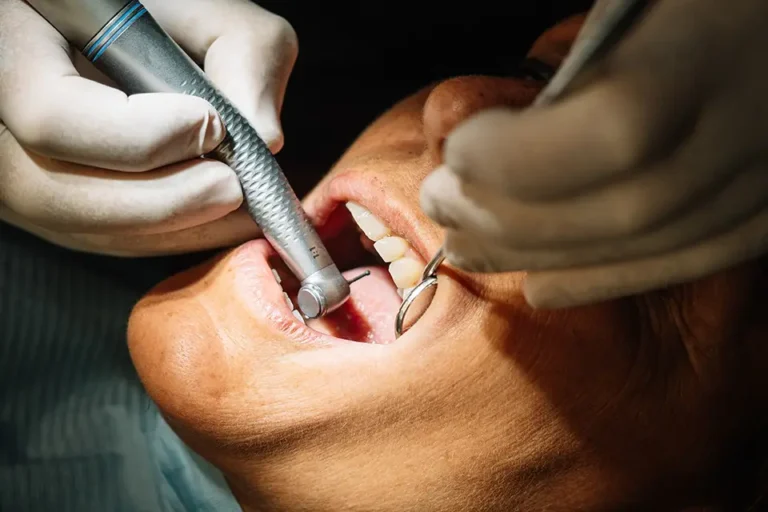The teeth bonding process involves applying and hardening a tooth-colored resin substance (a sturdy plastic material). This can restore or enhance one’s smile. A cosmetic dentistry surgery like dental bonding might offer you the self-assurance to flaunt your pearly whites.
If you have a chipped, fractured, or discolored tooth, this might be the best treatment for you. In addition, compared to other cosmetic dental procedures like crowns and veneers, it is far more affordable, making it a cost-effective choice.
What Is the Purpose of Tooth Bonding?
Dental professionals frequently use dental bonding to fix stained or damaged teeth. However, dental bonding can also alter the shape of teeth or make them appear longer.
They can also use it to cover up big spaces between teeth. In some cases, dentists use dental bonding to preserve the exposed root of a tooth with receding gums instead of amalgam or metallic fillings.
The Procedure Behind Dental Bonding
Completing one tooth using dental bonding takes 30 to 60 minutes. It will take longer if you bond multiple teeth, and you might need to schedule an additional session to finish the process. First, your dentist will scan your teeth with X-rays. This will assist the dentist in determining the nature of your dental issues.
Also, it will enable the dentist to decide if you are a suitable candidate for dental bonding. You might not be a good candidate for this procedure if you have tooth decay, gum disease, infection, or other major dental issues. However, you should be able to proceed with the process as long as your dental health is in good shape.
Your dentist selects a composite resin shade that closely resembles the shade of your original teeth using a shade guide. Next, the dentist roughens the tooth’s surface and applies a liquid. This makes it possible for the bonding agent to adhere to the tooth.
Your dentist applies composite resin over the liquid, shapes or molds the tooth, and then hardens the material using ultraviolet light.
If your tooth needs additional shaping, the dentist can do this after the resin has dried and become solid.
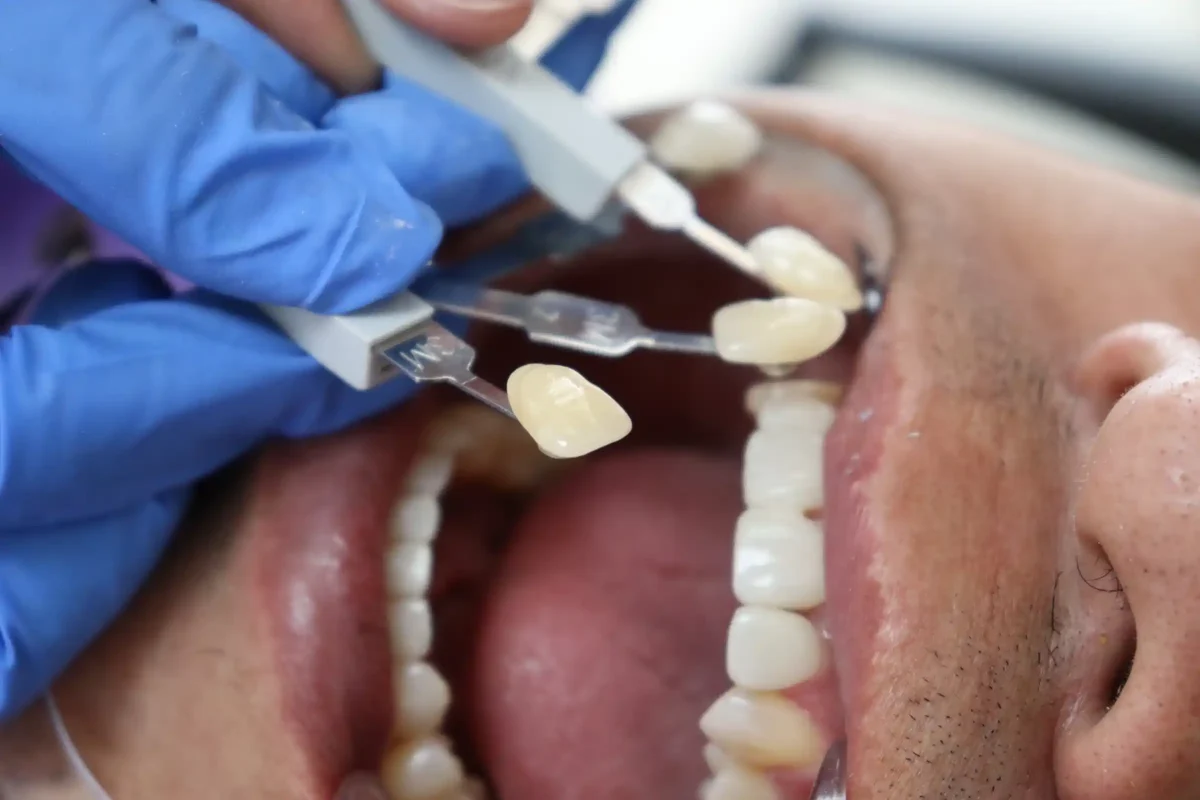
The Advantages and Disadvantages of Dental Bonding
Advantages
One of the simplest and least expensive cosmetic dentistry procedures is tooth bonding. Bonding often only requires one office visit unless multiple teeth are involved. Unlike dental veneers and crowns, both of which require a laboratory creation process, bonding can be completed during a single dental appointment.
Another benefit is that the least amount of tooth enamel is removed compared to crowns and veneers. Additionally, anesthesia is typically unnecessary unless the dentist uses dental bonding to fill a cavity.
Disadvantages
Bonded teeth are less stain-resistant than crowns. Compared to crowns, veneers, or fillings, bonding materials are less durable and as strong. Also, bonding materials can sometimes chip and break off the tooth.
Due to some of the drawbacks of dental bonding, some dentists believe it is best suited for minor cosmetic modifications, short-term cosmetic repair, and fixing teeth in places with very low bite pressure (front teeth, for example). See your dentist for the best cosmetic option for you.
How Long Does Dental Bonding Last?
Enamel bonding can endure three to 10 years before being repaired or replaced. A proper oral care practice that includes brushing your teeth twice daily and frequent interdental flossing will considerably extend the effectiveness of dental bonding.
Also, regular dental checkups will keep your mouth healthy and guarantee that the dental bonding performs as intended.
How Should I Take Care of Bonded Teeth?
As mentioned earlier, the lifespan of a bonded tooth can be increased by maintaining good oral hygiene. Self-care advice includes:
- Brushing at least twice daily
- Flossing daily
- Avoiding hard food and candies
- Not biting your nails
- Avoiding drinking coffee or tea for the first two days following the treatment to prevent stains.
- Having routine dental checkups every six months
If you feel any sharp or rough edges after the treatment or accidentally chip or break the bonding material, visit a dentist.
An attractive smile boosts self-confidence. Call us at Zara Dental for a consultation or make an appointment online if you live in Houston, Texas and need a low-cost repair for discoloration, a chipped tooth, or a gap.
Your dentist can assess whether this treatment is appropriate for you and, if not, can suggest different ways to enhance the appearance of your teeth.



